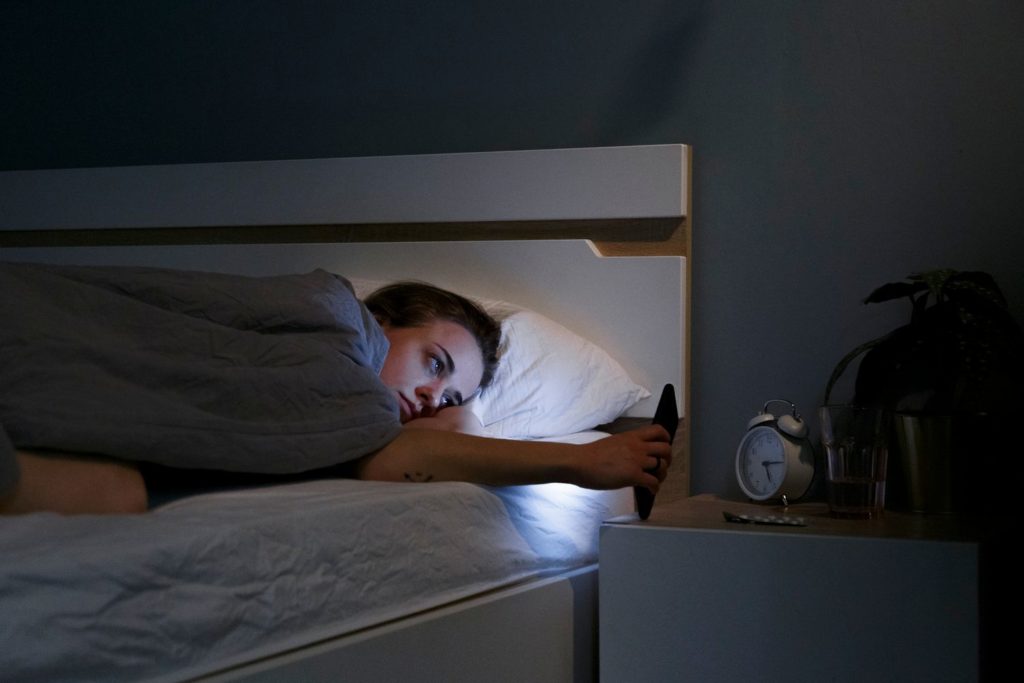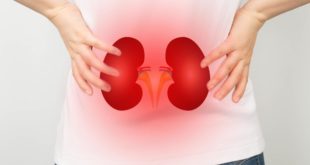
Sleep is essential for our overall health and well-being, yet many of us struggle to get the recommended amount each night. Whether due to a hectic lifestyle, stress, or other factors, insufficient sleep can have significant negative effects on almost every aspect of our bodies. Here’s what happens when we don’t get enough sleep.
The Importance of Sleep
Sleep is more than just a time for rest; it is a critical period for our bodies to repair, rejuvenate, and prepare for the next day. Unfortunately, research indicates that many people, including a large percentage of Poles, suffer from chronic sleep deprivation. According to a study conducted on behalf of the Kneipp brand, only 2% of Poles feel well-rested upon waking, with nearly 60% of women and 48% of men reporting that they are permanently sleep-deprived.
Dr. Magda Kaczor, a psychiatrist and expert in Sleep Medicine with the Polish Society for Sleep Research, emphasizes the importance of sleep, stating, “Sleep affects almost every aspect of our well-being, from the functioning of the nervous system, cognitive functions, physical and mental health, and even appearance and beauty. There is no health and happiness without sleep. It is an absolute foundation.”
How Lack of Sleep Affects the Body
1. Metabolic Disruptions
Sleep deprivation has a profound impact on our metabolism. Researchers from Uppsala University have found that even a single night of insufficient sleep can slow down metabolism by 5 to 20 percent. This slowdown can lead to metabolic disorders, increasing the risk of weight gain and obesity. Over time, chronic sleep deprivation can contribute to more severe metabolic issues, further complicating overall health.
2. Weakened Immune System
Our immune system relies on adequate sleep to function optimally. When we don’t get enough sleep, our immune response weakens, making us more susceptible to infections from viruses and bacteria. Additionally, recovery from illness becomes slower, as the body’s ability to heal and regenerate is compromised.
3. Skin and Aging
Lack of sleep doesn’t just affect how we feel; it also impacts how we look. Chronic sleep deprivation can lead to irreversible skin damage, including the formation of wrinkles. This occurs because the skin’s ability to repair itself diminishes without sufficient rest. As a result, the signs of aging become more pronounced, and overall skin health deteriorates.
4. Cognitive and Mental Health Impacts
Sleep is crucial for cognitive functions such as memory, concentration, and decision-making. When we don’t get enough sleep, our short-term memory suffers, making it harder to retain and recall information. Moreover, sleep deprivation is closely linked to mental health issues, including depression and anxiety. Insomnia often accompanies these conditions, creating a vicious cycle that further hinders mental well-being.
The consequences of sleep deprivation extend far beyond just feeling tired. From metabolic disorders to weakened immunity, skin damage, and mental health challenges, the effects of insufficient sleep are profound and far-reaching. To maintain optimal health and well-being, it’s essential to prioritize sleep and ensure we get the rest our bodies need to function at their best.
 GhArticles.com Every News in Detail
GhArticles.com Every News in Detail



